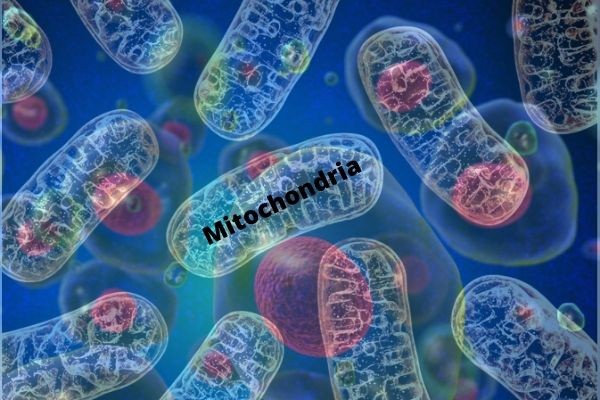
All living things are born out from a cell, and thus began the hot pools where the cauldrons of creation cooked up the first batches of life. It was like a cook in the kitchen throwing in everything needed to complete the first cell. From this simple amoeba, the process of mitochondrial division that lives on to this day had started. All creature, living or extinct, primitive and advanced, have inherited this cellular mechanism from the first one-celled creature ever created.
The question about how everything ties up to the living "multi-cell scientist" or the "single-celled organisms" gave birth to the concept that everything is related to the simplest "amoeba" or "protozoan". This evolutionary process has been passed and tossed all over, resulting in the belief that it might be the same for other exo-species on other planets.
Tying up the loose ends for lower to higher animals is the "endosymbiotic theory", the keyword is endo- which is inside and symbiotic which refers to the connection to something. With the endosymbiotic theory, scientists state that advanced multi-cell animal, including homo sapiens, are "eukaryotes", while single-celled creatures are "prokaryotes". Both eukaryotes and prokaryotes related to the endosymbiotic theory, and science has come up with enough evidence to support it.
According to the study, all living creatures undergo a process of energy production in their cells. With the mitochondria in the cells powering up the division of cells, production of enzymes and chemicals happen and it keeps animals alive. This is much like a mini-factory inside so many cells that create power for adaption and evolution that led to what life there is right now. The "mitochondria" is something like a gift from these creatures' "prokaryotic ancestors" which made evolution possible.
With the knowledge that all creatures have the ancient "mitochondria" inside, the next question is how similar are advanced and primitive species. Finding the secret, how the mitochondria exactly work, is what scientists need to know. It is Pandora's box of secrets that will open a new age of knowing more about the cellular biology of every living thing today.
To probe further, scientists at the Tokyo University of Science, headed by Sachihiro Matsunaga did research on "mitochondria" with red algae. To make it easier, the group used it because it had one mitochondrion only. One result that shows promise, is when proteins were phosphorylated by Aurora kinase that produced "dynamin". Later on, other experiments carried out in a human cell had the same result, and "dynamin" was found too.
The experiment proved there is indeed a connection from the Red algae to a complex human. Finding "dynamin" as a regulator of mitochondria division is an incredible find for the Japanese researchers. The impact of the result is impressive, which sheds light why mitochondria division is critical to all species from primitive to advanced.
Related Article: Breakthrough in Understanding Evolution - Mitochondrial Division Conserved Across Species










